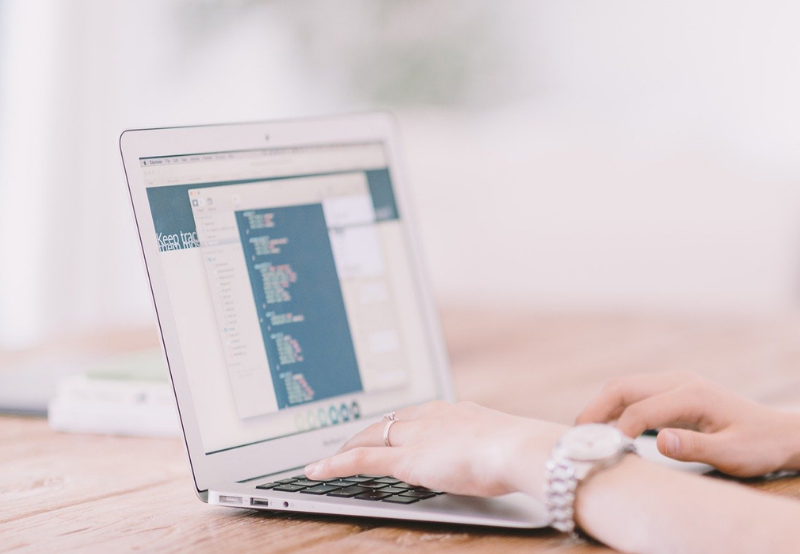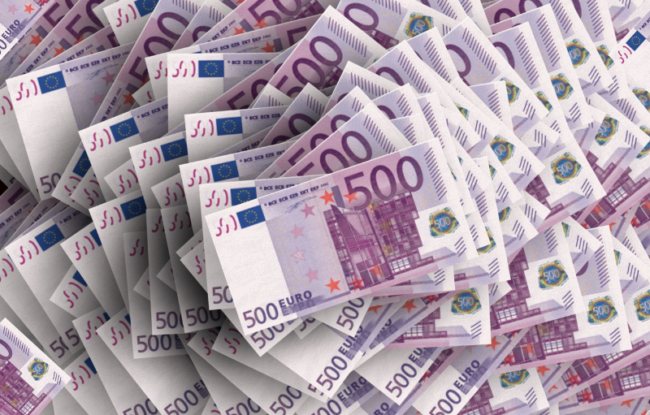Pattern Health, which provides a no-code platform that enables researchers and clinicians to create and deploy condition-specific digital health programs, received $1.5 million in new funding.
Investors include Cofounders Capital and The Launch Place.
The company plans to use the new capital for platform and product development, expanded integrations and interoperability, and accelerate sales and marketing efforts.
Founded in 2016, Pattern Health initially focused on patient compliance in cardio and orthopedics treatments, but use cases for its platform have expanded with the increasing demand for digital health programs. The company also plans to add new partnerships and programs in the future.
According to the company, its no-code platform enables researchers and clinicians to create and deploy condition-specific digital health programs (focused on type 1 diabetes), collect data more rapidly, and generate evidence. The platform also supports a wide range of behavioral science-designed digital interventions that improve motivation and adherence.
In addition to the platform, the company also offers an online marketplace to support a digital health program’s full life cycle.
“The COVID-19 pandemic has forever changed how we deliver and receive healthcare and has proven to be a catalyst for digital health adoption by both providers and consumers,” said Pattern Health CEO and co-founder Ed Barber.
“We are excited to see the platform being used in a wide range of use cases such as researching new approaches for at-home testing for COVID-19, developing advanced algorithms to help identify patients who may be at higher risk for negative outcomes, and serving and protecting patients by delivering care and monitoring them remotely. improving access while reducing the risk of disease spread.”
Pattern Health, which employs 15 people, says it has plans to make several new hires this year in various positions across the company. Digital Health companies raised $14.8 billion in venture capital in 2020, a 66% increase compared to $8.9 billion in 2019.




